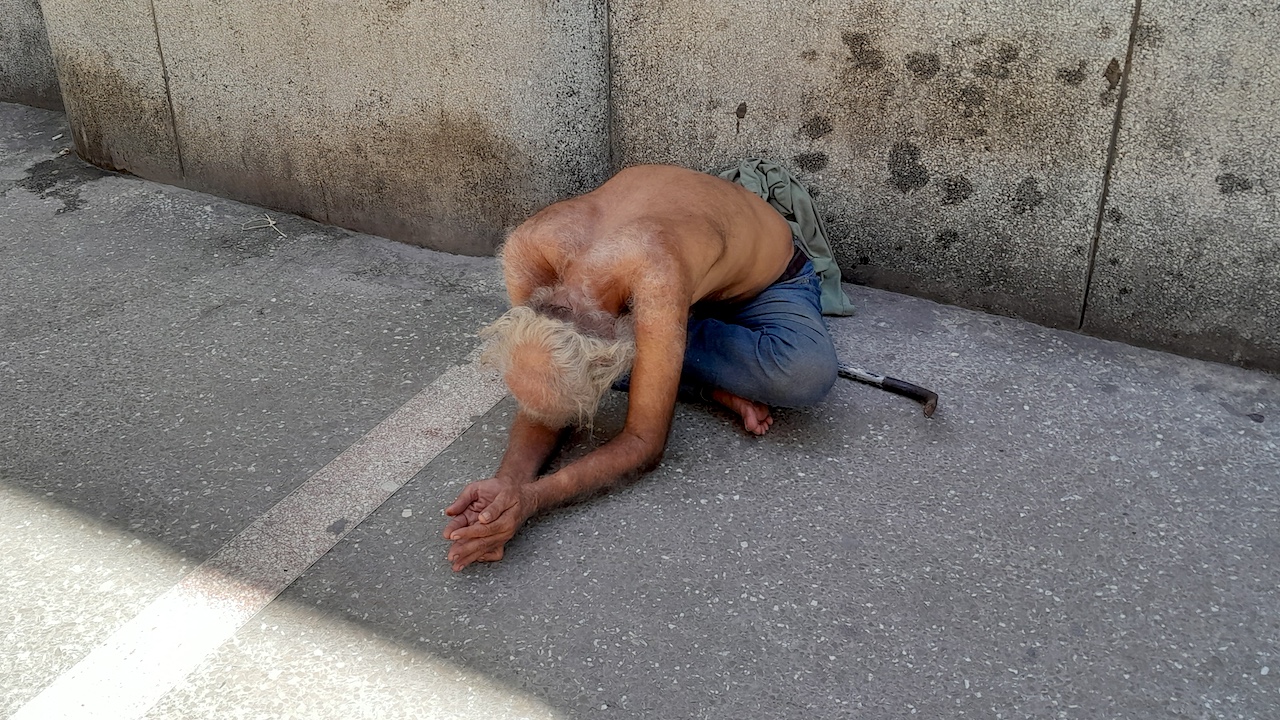"This year we've received only 48% of the fuel that was planned," and "of the 43 million planned for the purchase of raw materials, spare parts, bread production, maintenance, and the repair of the boilers at the dairy factory, only seven million, 9% of the total slated, have been issued."
Food Industry Minister Alberto López recently acknowledged that "last year, out of 22 selected productions, there was a decrease in 20, and none of the goals set have been achieved this year." However, what the minister is really recognizing is the bleak tomorrow that awaits a country not only incapable of improving, but one unable to even maintain its existing capital, which is what its current and future standard of living depends on.
Ministries, companies and other state conglomerates are unable to keep means of production (many stolen in 1959) in sound condition, so they are becoming ever less efficient and more unproductive, prone to more frequent and prolonged breakdowns, such that Cuba's machinery's productivity is less and less productive than what its manufacturers had projected, all while growing progressively more expensive, which is why Cuba is no longer competitive in anything but producing tobacco and fermenting rum... and the latter thanks to a French company.
With old and damaged machinery, industrial exploitation ratios become negative. Production in Cuba would yield losses instead of profits if the Government were not offsetting its capital costs by skimping on workers' remuneration. Socialism always starts out with the state subsidizing the people, but it always ends with the people subsidizing the government.
How is the rest of the economy destined to fare when a high-priority agency like the Food Industry receives less than half of the fuel scheduled, and only seven of the 43 million that the plan estimated as necessary for its needs?
Every "planned" economy tends to fail in its own planning, because the very act of "planning" by centralized bodies prevents the plasticity essential for any ecosystem to realize its potential.
Paradoxically, planning, far from organizing, disorganizes the allocation of resources that, in a decentralized manner, a free market coordinates and allocates much more effectively, whenever prices are not interfered with.
The result of socialist planning (in capitalism there is planning, but it is decentralized) is that next year Cuba will have less of everything necessary to produce, so it will have even less revenue, so, in turn, it will be able to afford fewer imports. It is a spiral in which each productive cycle is more inefficient and less profitable than the previous one; a downward spiral until total collapse, and we are almost there.
Cubana de Aviación, Ferrocarriles de Cuba (Railways), Antilana de Acero (Steel), the sugar industry, and the enormous Flota Cubana de Pesca (Fishing Fleet) are just some examples of the many industries that have already gone belly up. Electricity generation, though going down the same path, cannot be left to die because the country would shut down and their game would be up. It is not known how long they will be able to weather this decline. Now they want to avert collapse using solar panels... which, after being installed, are bound to be breaking down in six months, because socialism itself is corrosive.
Without access to international loans, given its criminal record of defaults and its ongoing standoff with the United States, Castroism sustains itself by borrowing internally; first, through monetary devaluation (inflation), lowering workers' real wages and spreading misery and dependence on remittances to survive; and, second, by not covering the costs of maintaining physical capital (machinery, buildings, roads, etc.) thus freeing up short-term resources for consumption that should have been earmarked for investment (maintenance, spare parts, new technology), a suicidal stopgap decision spawning a progressive reduction in productive capacity.
Even Tourism is suffering from the leprosy of decapitalization. It is more "eye-catching" and efficient in the short term - both from a GDP and money laundering perspective - to open new hotels than to pay for the proper maintenance of old ones. Meanwhile, complaints from tourists about the poor state of Cuba's hotel infrastructure, even at ones that are practically new, abound on social media.
To reverse this spiral of misery, Castroism would have to adopt a truly liberal economic policy, or find a new USSR or Venezuela to "adopt" it. As neither of these possibilities seem feasible, socialism in Cuba will continue, from victory to victory, until its final defeat, which will come in the form of economic collapse.
This collapse will probably be accompanied by a struggle between those in the Communist Party of Cuba, who are only relevant as long as this totalitarian system of confrontation with the United States lasts, and the military, which has money and could benefit from a corrupt form of capitalism, like Russia's. The thread is pulled tight... time will tell where it breaks.

The “progressive reduction in productive capacity” leads to the deepest hole they have ever dug.